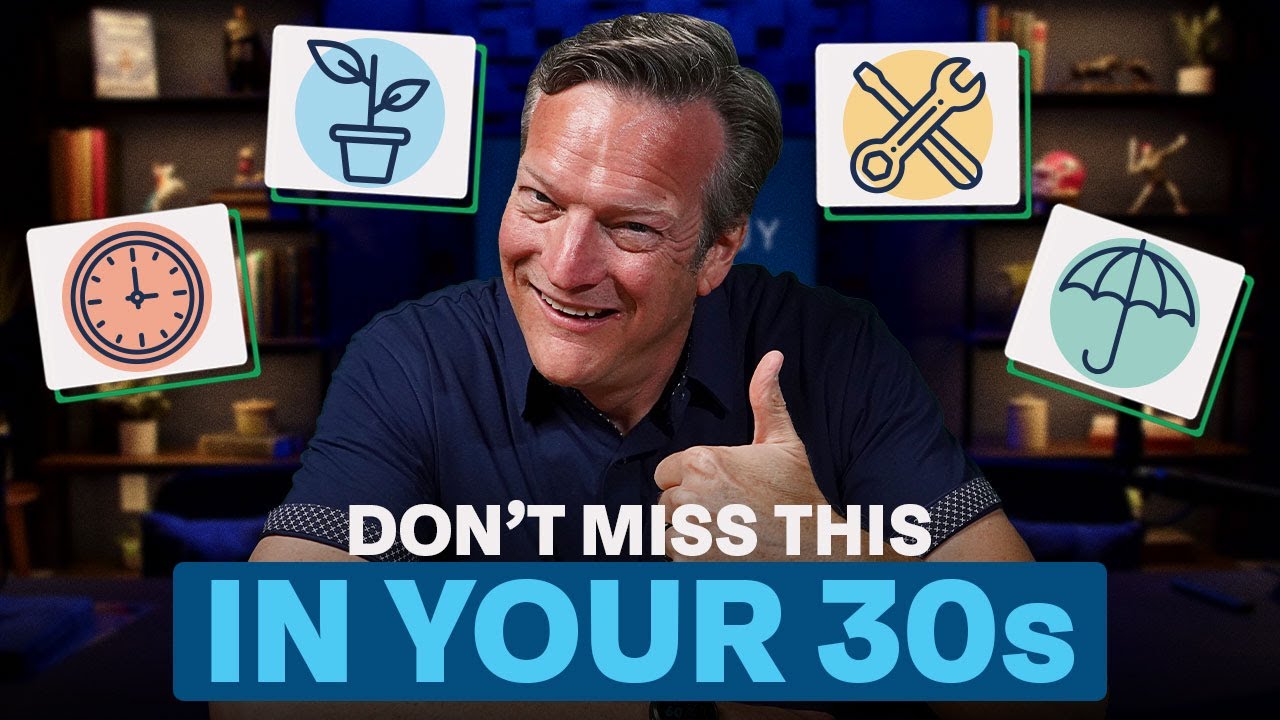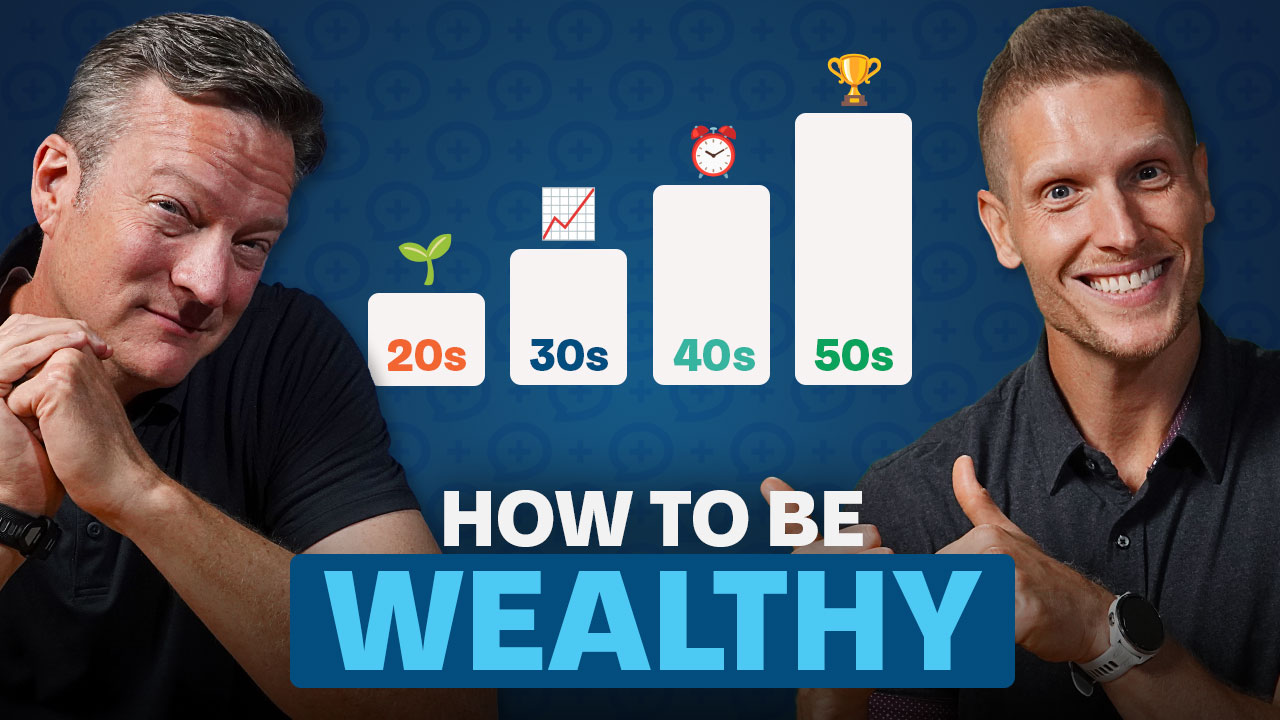Now, let's move on to basic living expenses outside of housing and outside of transportation. Well, when you think about basic living expenses, two proxies that we often use are the price of gasoline—how we actually fuel, well, let me rephrase that, how a lot of us fuel those automobiles. Not all of us fuel those automobiles. And the price of food. Well, it's really interesting when you look at the change of food and gas prices since 2020, since COVID. They're up pretty substantially. I mean, gas has been a wild ride. Even as of right now, even though it's come down from the 2022 highs, it's still up 40 percent from where it was in 2020. And then food has been on a steady increase. It's actually up 24 percent over that three-year time horizon. So, just the base level necessities that we have to be able to operate on a day-to-day basis have gotten more expensive, and that's not something that you can control. You won't be able to impact those. But there are things inside of your lexicon that you can control.
I think it's interesting when you look at this because we just gave over the period of time 40 percent for gas and fuel, 24 for food. The volatility, if you're actually seeing this on YouTube, the volatility, especially on gas, because that market is in real time, a little bit of a delay from when it's going on real time to a few weeks to get it to your pumps, to you, but it is legit volatile. So, it is interesting how far we have come on this. Food, I think, takes a little longer because the manufacturers and everything, that's a much more developed market with a lot of variables, so it takes a while to actually reach you, the consumer. But needless to say, this is something because we all need, there's a reason we broke out between basic expenses and variable expenses. You don't have control over needing to feed yourself. So, it is one of those things we ought to pay attention to. How do we do a better job of navigating something that's so crucial to us?
So, if we can't control the price of gas, what we can control is the type of automobile that we purchase and the type of fuel that is required to do that. If you just look at the cost right now, today in July of 2023, of filling up a 15-gallon tank, if you have an automobile that just runs on regular unleaded gasoline, it costs you about $54 to fill up. If you have a diesel automobile, it costs you about $58 to fill up. And if you're driving a luxury brand that requires premium fuel inside the gas tank, it's costing you as much as $65 to fill up right now. So, if you're complaining about how much gas is costing you and how inflation has impacted you, but you're driving a premium automobile that requires premium fuel, it's probably a double-edged sword where some of it's inflation, but some of it's your behavior, some of the decisions that you made to buy that type of automobile.
Yeah, I've gone—if you haven't seen it, there's a highlight clip—I went on a rant on my wife's luxury car. And this is one that continues the dividends of buying luxury, is that you do have to do this premium, premium fuel. And here's the thing, guys. These things, the newer cars, are getting so smart they can tell if you skip a step on this. And I've even heard case studies where people have said these new luxury vehicles can tell if you don't put the right fuel in them, and manufacturers have the opportunity, if they so choose, to void warranties. So, don't even think you have options. Just go ahead. You can control what type of vehicle you are purchasing, and go into it knowing insurance is going to cost more, fuel is going to cost more. These things are not just purchase price decisions. They're also ongoing variables that you will be paying luxury prices and premiums on for years to come.
Okay, so we can't control the price of gas, but we can control the types of automobiles. Or you may be thinking, "Okay, well, guys, food, I have to eat. I can't—that seems out of my control." If food has become more expensive, then in total it's going to cost me more to buy food. And while that may be true, part of the problem may not strictly be the increase in the cost of food. There might be more to the story.
Well, kudos to the Money Guy content team. I was so impressed with this one because I was like, "Did y'all really go do the research on this?" I'm really like, "Yep." So, our crack team of awesome investigators went out there and said, "Hey, in this crazy time where we've had inflation, how do you control your food expenses?" So, we put together a basic list just to highlight the differences on where you buy your groceries. And here's the baseline. If you have a grocery list of a gallon of milk, a loaf of bread, two pounds of rice, and a dozen eggs, so basic necessities, this is... But this will give you, even if you expand this, because we could have done anything, but these are basic necessities. Look at the difference in the spread here. We have Aldi, which we know is kind of known for being barebones to the point that you have to put a quarter in to get a cart. You have to bring your own bags. It is... You are going there for the convenience of good pricing and value. And we found out that it's $8.30. That's pretty impressive. Super impressive, especially, Bo, I'll let you kind of share the rest of this because you see it goes immediately up for the neighborhood public schools. If you go to Publix, which is, I think, considered a slightly premium grocer, for the exact same bucket of goods, you're going to pay $12.30. Maybe Publix is a little more conveniently located, maybe you like that they have different things there that you buy. Making that choice is going to be a little bit more expensive. But maybe you're someone who says, "Man, you know, I've got young kids and I'm busy, and going to the grocery store just doesn't fit into the normal cadence of my day, and I like Publix, but rather than me shopping there, I'm going to use one of these grocery delivery services." And we just use Instacart because it's one of the brand leaders right now. For that exact same basket of goods that you would have paid $12.30 for if you showed up to the store, if you were to use Instacart to buy those same groceries, it's going to cost you $22 for that exact same basket of goods. Simply because of the convenience premium for someone else to do the shopping and bring it to your house. This is one of those things, guys, where I know the pandemic accelerated a lot of adoptions of virtual meetings, delivery services, working from home, but this is one I don't completely get. So maybe this makes me—I'm, y'all know, I'm Gen X, I'm not a boomer, but when I see these premiums that people are willing to pay for eight dollars' worth of goods, that's the baseline. People are willing to pay $22 for it for the convenience of having somebody bring it. It just feels disconnected, sure.
I mean, because if we're really struggling, this is when we all talk about when we pick on people who think they have a problem, so they really don't. We go, "Man, those are first-world problems." You've created this issue. I want you to challenge yourself. If you feel like there's never enough money in the bank, that you can't fund your Roth IRA, you can't start the wealth-building process, look at this. We all have to buy groceries, but if you're going and using Instacart and conveniences like that, then maybe you need to be very honest with yourself. Because, by the way, it's not even just the convenience services of Instacart. We have a whole other category over here, and we should put one more on top of this, but Whole Foods. And I even talked about in the content meeting, I go to Whole Foods only to return my Amazon purchases. I mean, these are the type of things that I need you to be honest about, because if I tell you in the same sentence, "Your neighbors don't care what car you drive," you know, when people make that big decision, they sure as heck don't care where you buy your bread.
So start paying attention to these basics. We've even heard content creators, I think it came up in our content meeting, that Andy Hill and some other content creators have documented that if you just go to a store like Aldi versus going to a Whole Foods is potentially like a five-figure annual savings for your household. That's tremendous and something you can do for yourself. Now, do not mishear us. I think this is an important disclaimer to throw on this. We are not suggesting that you should not shop at Whole Foods. We're not even suggesting that you should not use Instacart. What we are suggesting is if the cost of your life has gotten so expensive that it's crowding out some of the same things that you said you are, and you're blaming that on inflation and simply the cost of goods rising, perhaps you are not being honest that there are some other things, some other levers you could pull. Some people love to shop at Whole Foods because they like the quality of the ingredients, they like the organic, and they like to fill in the blank of whatever that thing is. If you place value on those things, there's nothing wrong with that. But recognize there is a cost associated with it. We just want to make you aware that sometimes we forget to measure all of the costs, and so you need to have an honest assessment about where you are in your financial journey to determine if those decisions are decisions that you intentionally mean to be making.
Well, I don't mind being the old man on the front porch. I think if you can't fund your Roth IRA and you can't reach some of these financial goals because you either have to make more money, that's an income component, or you have to spend less, that's the only way you can create more cash flow and resources so you can actually build the army of dollars. Make sure you're shaking this tree because I think if you're not funding your Roth IRA, you need to be very honest that it might be the Instacarts, it might be the Whole Foods. And then, if you're doing delivery of Whole Foods through Amazon or however else they do these premium-type things, what are you doing? For more information, check out our
free resources.













